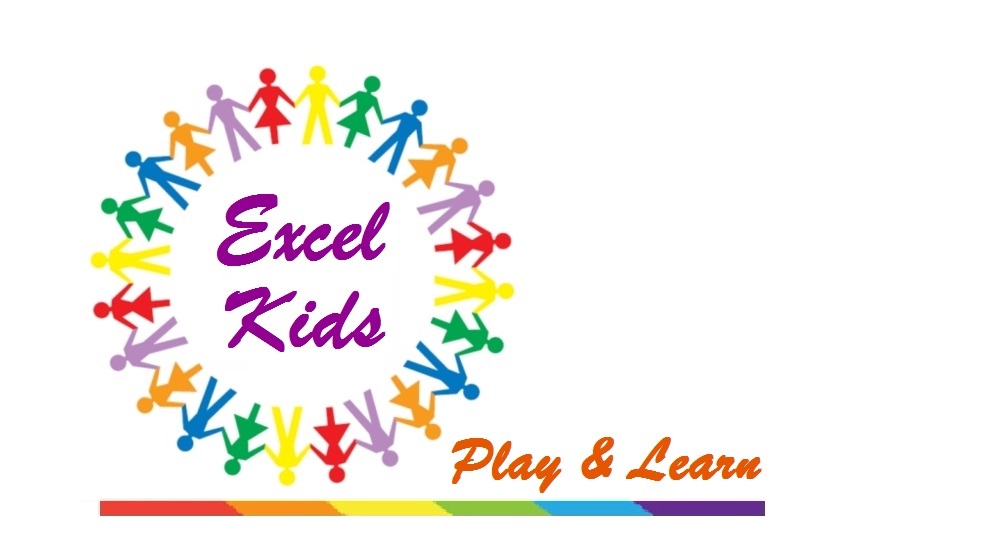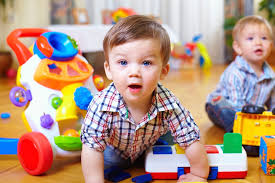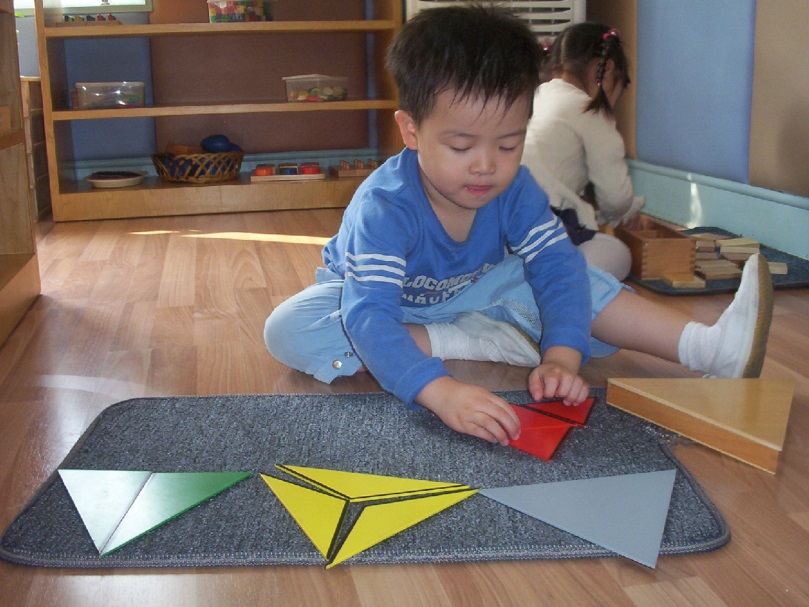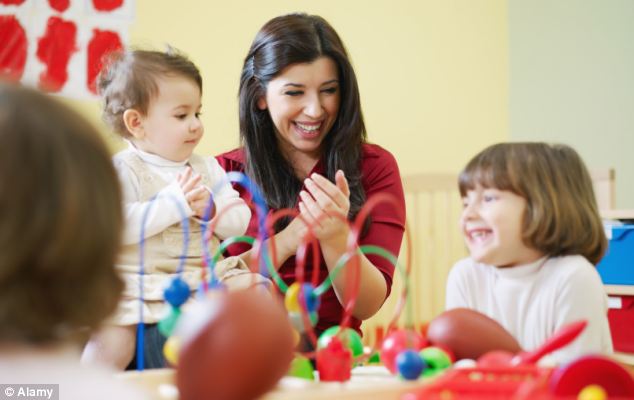
Copyright: High Capacity Communications - Dr. Arini Verwer, 2017 Site Map Disclaimer Terms of Usage Privacy Policy Webmaster

The
'Excel Kids'
program uses the philosophy of the 'Arini
Method' and is designed for early childhood educational providers, and
parents and carers who offer early childhood education at home. It is
easily incorporated into the Early Childhood Frameworks’, that are
Government mandated.
The
'Excel Kids'
program is personalised to each child’s developmental needs so they
can aspire towards excellence. The 'Excel Kids' program is designed around
the notion that every child is smart or is capable of excelling to the
best of their ability, in at least one area, if not many more of
the 9
multiple intelligences or smarts and to ultimately develop qualities of character
that will enable a child to live a fulfilling life.
Peace begins at home. The mother is the first
educator, if parents can create peaceful homes we will have peaceful
communities; if we have peaceful communities we will have peaceful
nations; ultimately peaceful nations will lead to a peaceful world
community. The methods we use to raise our children matter ‘The Three
R’s’ (reading, writing, arithmatic) are necessary but are not enough.
How does
the 'Excel Kids' program educate?
The first step in this approach is to identify the particular
communication mode of both, the parents/carers and the child.
This is a powerful tool that will
assist you to communicate effectively with the child and understand
their particular way of learning and perceiving the world. You will know
how to sooth your child when s/he is upset and lay a strong foundation
for building his/her neural emotional and social capacities.
The second
step involves preparing the right physical and emotional environment
suited to their particular way of learning, to support the alignment of
body, mind and spirit.
The third
step offers guidance on how to help parents/carers stimulate and build
on the child’s natural curiosity to discover the world around them and
develop their innate capabilities.
Where do we start?
The first four years of life are critical to the education process. The
mother, as the first educator, will set the emotional resonance of her
child from before and after birth. This pattern will influence the
quality of emotional-social relationships for the rest of the child’s
life. This does not mean that they cannot be changed, but that it will be
with difficulty and require particular interventions.
The ideal scenario is that the parents and
carers both become familiar with the
'Excel Kids' program so that each
environment where the child plays and learns will reinforce similar
approaches and concepts. For example, if the learning environment is set
up with similar colour coded toys and resources, related to
developmental areas of the child, this can accelerate their learning
process.
Learning in the 21st
Century
Our current education systems were
developed at the beginning of the 20th
Century. A century later we have gained many insights into the learning
process yet education very often has failed to benefit from the
latest research, and we live in very different social conditions. We have
learned many lessons over the last century and one of the most critical
is that early attachment to parents and care-givers influences later
adolescent behaviour and mental health.
Your early
support to a child’s growth and development will be critical to their
future well being. We need to think what society will be like in 20-30
years time, as that is the world in which your child will need to be
competent. If we earnestly desire to live in a peaceful, prosperous and
harmonious society we can make that difference and develop capacities
whilst the child is young, laying down necessary neural pathways that
can easily be built upon.
Capabilities of the 21st
Century Citizen
We would all agree that the pace of life is
moving rapidly and is always changing. How to educate a child to keep
pace with this will be challenging. Knowledge will not be enough -
knowing how to learn and reflect upon our actions will be the greatest
gifts we can give our children. Children will need to be educated to
become both
‘learned and good’.
Character education research has clearly demonstrated that academic
success is dependent on teaching children how to be respectful and
responsible, towards not only themselves but also others, through
developing virtuous actions. Our curriculum will emerge from children’s
interests and build on these qualities to develop capabilities required
for 21st
Century living.
A capability
is made up of aspects of knowledge, skills, attitudes and virtues, which
can be encouraged and reinforced as soon as they appear in young
children. What the knowledge, attitudes, skills and virtues look like in
each area of capability, have been developed as a detailed guide for
carers so they can reflect and plan how to constantly evolve the ‘play
and learn’ environment.
What are
the Capabilities?
Six
capabilities are used as the goals towards which the learning process
moves. Early foundation knowledge and skills are developed through
children’s play in prepared and natural environments. Parents and
care-givers can be mindful of the goals and seize the moment when a
child becomes fascinated with a particular topic or toy. Or provocations
are created to help challenge the child to be curious about another area
of interest.
Children
learn first through their senses, then the stimulation of their
imagination, as a foundation to learning to think. If a child becomes
interested for example, in animals or trains, this focus can become the
source of developing capability in the different areas of intelligence.
Exploring the following capabilities helps a child to become smart in
all the areas of intelligence from a very young age.
Children undertaking the
'Excel Kids' program will develop
foundation skills
in the 6
C’s of Capability necessary for complex 21st
Century living:
1. Caring
This involves intra personal intelligence, (self-smarts), and refers to the development of the emotional capacity of children as they develop self-identity and self- esteem and learn how to reflect about how their actions impact upon themselves and others.
2.
Critical thinking;
Children’s natural
curiosity will be evoked as they explore and discover their world around
themselves. It begins with the use of the senses to perceive the world
and develop their capacity to think and discover truth as they learn to
collect data and information, problem solve, developing their cognitive
or thinking skills. The logical
and mathematical (number smart) and naturalistic intelligence, (nature
smart) is engaged through developing scientific knowledge of the
world they live in.
3.
Creativity;
The use of children’s expressive and imaginative capacity is just as important as their ability to think. This involves the use of the linguistic,(word smart) visual spatial (picture smart) and musical intelligences (sound smart). The use of expressive language and the arts should be for the purpose of upliftment and the creation of ways of evoking a feeling of beauty in the world we live in.
1. This capability is the application of the sciences into practical action through the use of technology and the crafts. Critical to this capability is the use of the kinaesthetic intelligence (movement smart) or what is often referred to as fine motor and gross motor development. The process of making and doing, lies at the foundation of applying knowledge to develop the physical world. It involves construction and making things.
Our ability to relate to different people and other cultures helps us to develop interpersonal intelligence (people smart). It involves the social and emotional development of children and begins in the family, extending out to the wider community and the national and global community. It is all about the world of people and how they lived in the past and how they live now and what they value in their culture. Interaction with others will ultimately provide opportunities to solve conflicts and build harmonious relationships.
Being able to use our talents and skills to help
others and to enhance their quality of life provides opportunities to
contribute to the happiness of others. This begins with simple acts of
service of helping other children in need or by sharing something they
value for example, their toys. By developing small projects to raise
money or access resources to enable children less fortunate than they
are, to have an education, begins the process of socially responsible
entrepreneurship. It is referred to as Existential Intelligence or (Life
smart)
Our World
Learning about different subjects such as Mathematics, Languages and
Writing are critical foundation skills but are simply tools to help us
explore the world we live in. Children need to experience the beauty and
magnificence of the world they have been born into. Hence seven worlds
will be explored as children’s interests naturally emerge through our
guided support. Children will have opportunities to discover and
explore:
Usually
children develop a keen area of interest and they want to know
everything about that subject. For example: We see a child becoming
fascinated with Dinosaurs. Everything revolves around this interest. We
can use such a fascination to learn about other intelligences or smarts.
Such a child is interested in the world of animals and likes to develop
their naturalistic intelligence so we can use this fascination to
develop their word and number smarts by using picture books and number
cards around Dinosaurs, as a practical example.
What basic capabilities are required of the
21st century child?
The use of the key capabilities will help to
provide a framework for tracking development and to identify emerging
natural talents in the child. This framework helps in recognising
emerging interests and how to challenge the child to advance to new
stages of development.
Caring
This involves
intra personal intelligence,
(self-smarts), and refers to the development of the emotional
capacity of children as they develop self-identity and self- esteem and
learn how to reflect about how their actions impact upon themselves and
others.
Intra-personal Intelligence
Emotional and physical
development encourages:
Caring for self
Know and care for your body
Self-help skills
Healthy eating
Promoting independence
Emotional awareness
How to deal with fear
Self-Soothing
Self-expression of feelings and ideas
How to sooth when sad
Reflection
Self-control
Self- Regulation
Caring for others
Awareness of others feelings
Development of virtues
Development of sharing and turn taking
Multicultural awareness how similar and different from others
Critical Thinking
Children’s natural
curiosity will be evoked as they explore and discover their world around
themselves. It begins with the use of the senses to perceive the world
and develop their capacity to think and discover truth as they learn to
collect data and information, problem solve, developing their cognitive
or thinking skills. The logical
and mathematical (number smart) and naturalistic intelligence, (nature
smart) is engaged through developing scientific knowledge of the
world they live in.
Cognitive, Logical, Mathematical, and Naturalistic Intelligence
Emotional and physical
development encourages:
Environment
Explore the environment in which we live
Care for the environment
Recognise plants and animals
Logical/Mathematical
Think logically - step by step
Understand concepts such as numbers,
shapes, large, small and
name recognition
Differentiating, matching and identifying
Cause and effect
Develop ability to predict
Develop problem solving skills
The use of
children’s expressive and imaginative capacity is just as important as
their ability to think. This involves the use of the linguistic,(word
smart) visual spatial (picture smart) and musical intelligences (sound
smart). The use of expressive language and the arts should be for the
purpose of upliftment and the creation of ways of evoking a feeling of
beauty in the world we live in.
Musical
Linguistic
Spatial Intelligence
Language, music & movement encourages
Emotional and physical
development encourages:
Creativity and Imagination
Self-expression
Creative experiences, arts and crafts
The exploration of a variety of musical instruments
Concepts such as rhythm, tempo, beat and
volume, fast/slow
and loud/soft
Free movement experiences and musical
appreciation, and eye and
foot coordination
Form mental images
Language development
Language skills
Listening skills
Express meaning
Colours and shapes
Creative Problem Solving
This capability is
the application of the sciences into practical action through the use of
technology and the crafts. Critical to this capability is the use of the
kinaesthetic intelligence (movement smart) or what is often referred to
as fine motor and gross motor development. The process of making and
doing, lies at the foundation of applying knowledge to develop the
physical world. It involves construction and making things.
Bodily Kinaesthetic Intelligence
Fine and gross motor encourages
Our ability to
relate to different people and other cultures helps us to develop
interpersonal intelligence (people smart). It involves the social and
emotional development of children and begins in the family, extending
out to the wider community and the national and global community. It is
all about the world of people and how they lived in the past and how
they live now and what they value in their culture. Interaction with
others will ultimately provide opportunities to solve conflicts and
build harmonious relationships.
Interpersonal Intelligence
Social and dramatic play encourages
Exchanging ideas and feelings with others
Social and emotional confidence
Social interaction
Cooperative play
Development of sharing and taking turns
Development of virtues
Taking responsibility
Belonging to family and community
Understanding other people/cultures
Accepting people who are different
Wise Choices
Conflict resolution
Understanding role identities
Contribution
Being able to use
our talents and skills to help others and to enhance their quality of
life provides opportunities to contribute to the happiness of others.
This begins with simple acts of service of helping other children in
need or by sharing something they value for example, their toys. By
developing small projects to raise money or access resources to enable
children less fortunate than they are, to have an education, begins the
process of socially responsible entrepreneurship. It is referred to as
Existential Intelligence or (Life smart)
Application of all intelligences
Service to others encourages us to:


